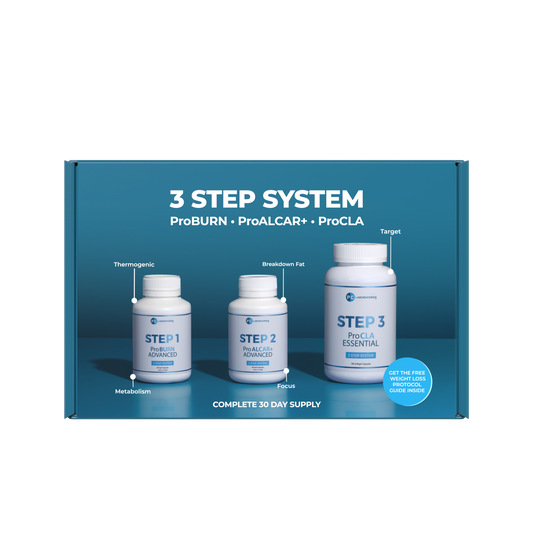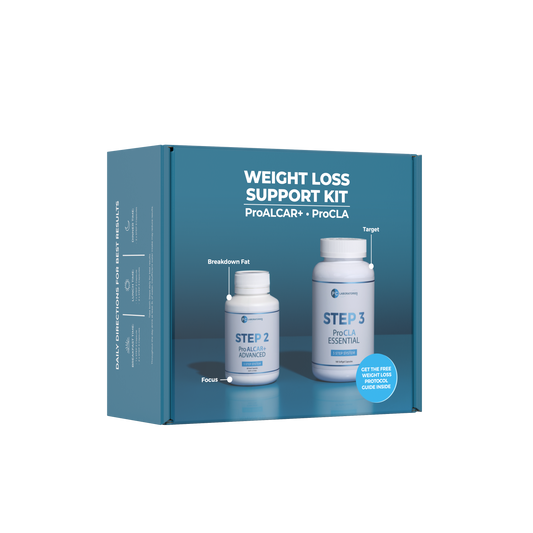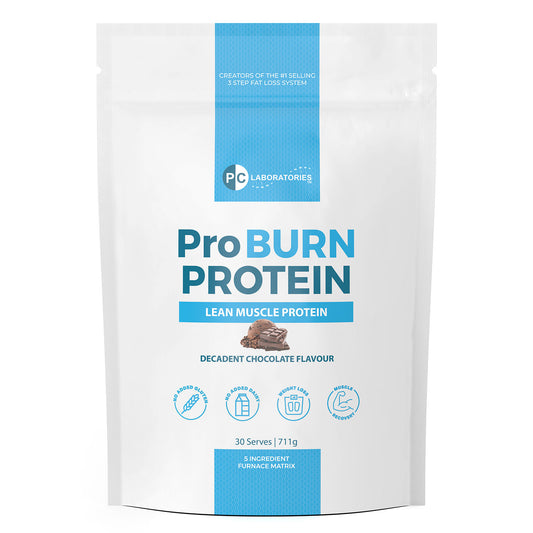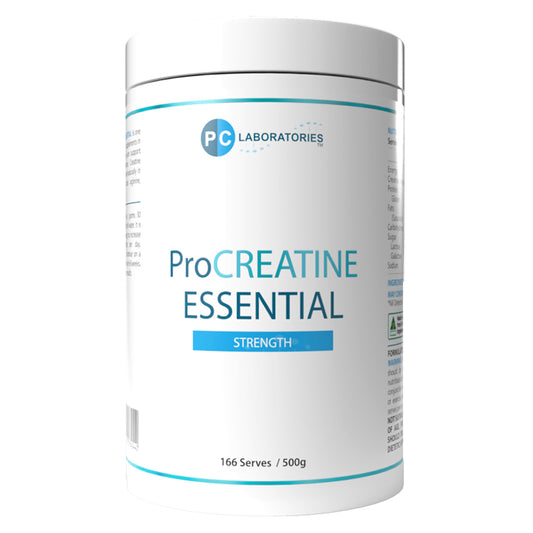The Ultimate Deep Dive into Creatine
Creatine is one of the most trusted and well-researched supplements in sports nutrition. From lifters chasing PBs to you HIIT junkies, it’s a go-to. Creatine helps to build strength, explosive power, endurance and sharper mental focus.
Here’s the full breakdown on what it does, how it works, and why Creatine Monohydrate remains the gold standard.
What Is Creatine and Where Does It Come From?
Creatine is a natural compound made from the amino acids arginine, glycine and methionine. Your body makes it in the liver and kidneys, then stores it in muscle as phosphocreatine. This is a quick-release energy source that helps regenerate ATP, the molecule that fuels every muscular contraction.
You also get some creatine from foods like red meat and fish, but only around 1–2 grams a day. That’s not enough to fully saturate your muscles, especially if you train hard or eat mostly plant-based foods. Supplementing helps bridge that gap so your body always has a ready supply of energy on tap.
The Science Behind Creatine Monohydrate
There are many versions out there (creatine HCL, buffered, liquid), but Creatine Monohydrate stands above the rest. It’s been tested in hundreds of studies across decades, consistently showing improvements in strength, power and muscle growth (Wu et. al., 2022).
It’s highly bioavailable, easy to mix, affordable and safe. Other forms may market themselves as “new and improved”, but none have outperformed monohydrate in real-world results. When you want proven science, this is the form to trust.
How Creatine Improves Strength, Power and Endurance
Creatine’s magic happens inside your muscles. Supplementing increases your phosphocreatine stores, allowing faster regeneration of ATP during intense exercise. More ATP means more reps, heavier lifts and stronger sprints before fatigue sets in.
That translates into:
- Explosive power for lifting, jumping and sprinting.
- Increased strength, typically 5–15 % over time.
- Better endurance across sets or intervals thanks to faster recovery between efforts.
It essentially lets you train harder and recover quicker, multiplying the effects of your workouts over time.
The Cognitive Edge: Creatine for Brain Performance
Your brain uses a huge amount of ATP every day, and creatine helps keep those energy levels topped up too. Research shows creatine supplementation can improve:
- Working memory
- Reaction speed
- Mental clarity when tired or under stress.
So whether you’re studying, gaming or grinding through a workday, creatine supports mental as well as physical performance.
Is Supplementing Creatine Worth It?
Even with a high-protein diet, most people fall short of the muscle creatine saturation point. Supplementation lifts your stores to the optimal range, improving both output and recovery.
Vegans and vegetarians often see the biggest jump, since their diets contain almost no creatine. Regular exercisers also burn through it faster, making supplementation one of the simplest and most effective upgrades to your training routine.
Is Creatine Safe? The Research Says Yes
Creatine Monohydrate has been studied for decades with consistently clean safety results. Clinical trials show no harmful effects on kidney or liver health in healthy users, even with long-term use.
You may notice mild water retention at first. This is simply water stored inside muscle cells as part of the natural hydration and growth process. It’s a good sign your muscles are fuelled and ready to perform.
How Do I Take Creatine Safely?
You can take creatine in two ways, depending on how fast you want results:
1. The Loading Phase (Quick Saturation)
Take 20 g per day, split into four 5 g doses, for 5–7 days. PC Laboratories ProCreatine Essential is a great value, 100% pure and free from fillers.
Then switch to 3–5 g daily for maintenance.
This fills your muscles fast, so you’ll feel results within a week.
2. The Steady Approach (No Loading)
Take 3–5 g daily with food or carbs.
It takes about 3–4 weeks to reach full saturation, but it works just as well long-term.
Consistency matters more than timing: take it every day, even on rest days, to stay fully loaded.
How Will Creatine Make You Feel?
After a week or two, most people notice:
- More strength and drive in the gym.
- Shorter rest times between sets.
- Fuller, more hydrated muscles.
- Better focus and motivation overall.
It’s not a stimulant (you won’t feel a “buzz”), but you’ll notice smoother, stronger performance that keeps building with consistent use.
Creatine Myths Busted
Myth 1: Creatine causes dehydration.
Nope. It actually draws water into muscle cells, improving hydration and performance. Just keep your usual water intake steady.
Myth 2: It’s only for bodybuilders.
Creatine supports any sport that needs energy bursts, from team sports and CrossFit to sprinting and swimming.
Myth 3: It’s bad for the kidneys.
In healthy adults, research shows no harmful effects. Always follow recommended doses and stay hydrated, and you’re golden.
The Wrap Up
Creatine Monohydrate is the most studied, proven and cost-effective supplement for improving strength, power, recovery and even cognition. It helps your body make more energy where it counts, supporting progress across every kind of training.
If you want to lift heavier, move faster or think clearly, add creatine to your daily stack. Stay consistent, and feel the difference build every session. Browse PC Laboratories' premium range of muscle recovery supplements for the best training support.
References
Wu SH, Chen KL, Hsu C, Chen HC, Chen JY, Yu SY, Shiu YJ. Creatine Supplementation for Muscle Growth: A Scoping Review of Randomized Clinical Trials from 2012 to 2021. Nutrients. 2022 Mar 16;14(6):1255. doi: 10.3390/nu14061255. PMID: 35334912; PMCID: PMC8949037.








